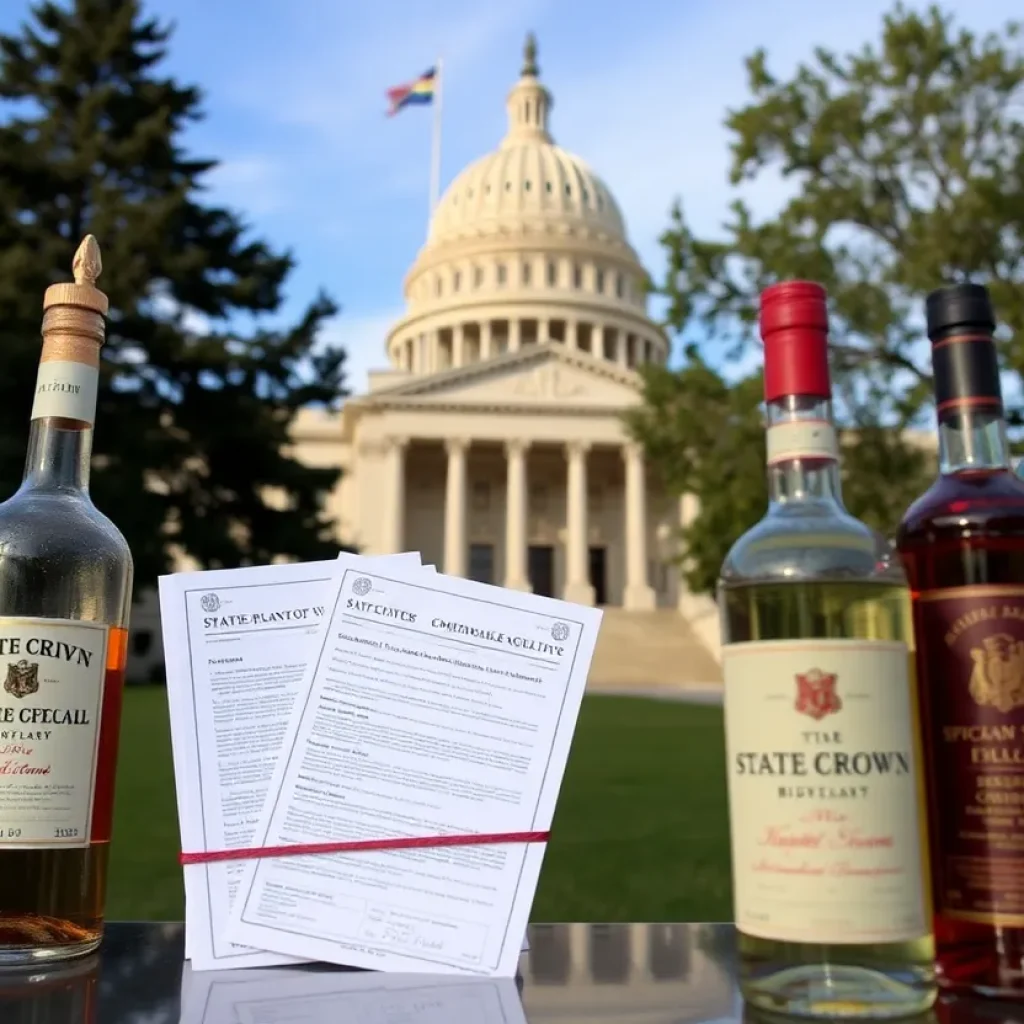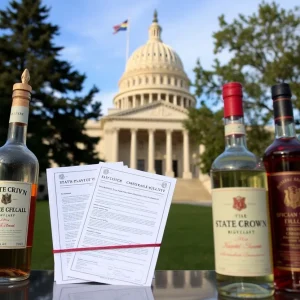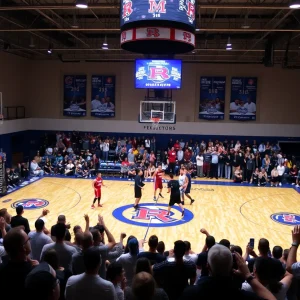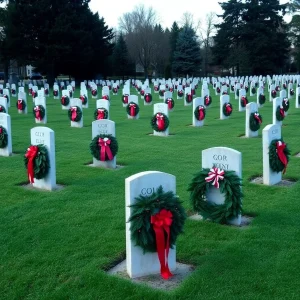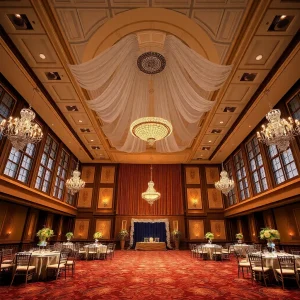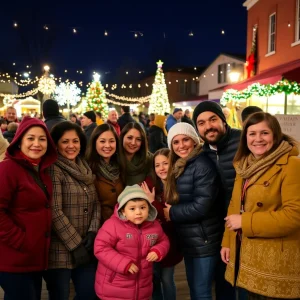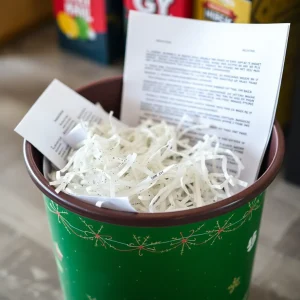COLUMBIA, S.C. — Lawmakers Debate Budget and Sunday Liquor Sales
The South Carolina House of Representatives is currently engaged in significant discussions regarding the state’s budget and potential changes to liquor sales regulations. On February 14, 2024, legislators debated a bill to permit Sunday liquor sales in Columbia, with discussions led by South Carolina Representative Bruce Bannister, alongside other key House members.
Budget Overview
This week marks a critical phase in budget deliberations as the House considers a proposed spending plan of $13.2 billion for the upcoming fiscal year. Bannister, the House Ways and Means Committee Chairman, explained that South Carolina’s economy remains strong, with revenues increasing despite recent tax cuts. He noted, however, that state agencies submitted around $4.7 billion in funding requests, presenting a challenge as lawmakers aim to balance priorities while adhering to tighter budget constraints.
Key Budget Items
The proposed budget aims to allocate $200 million towards raising teacher salaries, which would increase the minimum starting salary for teachers to $47,000 annually. This marks a significant increase of nearly 70% since a decade ago. Additionally, every state employee is set to receive salary adjustments, particularly those earning less than $66,666, who would receive a flat raise of $1,000.
The budget proposal also includes $500 million in property tax relief, utilizing a surplus from a sales tax increase initiated in 2006. Average savings for homeowners are projected to range from $277 to $472. While Governor Henry McMaster proposed utilizing these funds for bridge repairs, the House’s plan prioritizes property tax relief while still allocating $200 million for bridge replacements and improvements.
Addressing Social Issues
As budget discussions continue, legislators also considered a proposal to redirect funds meant to support public universities in maintaining tuition freezes. Efforts to use $60 million for transportation infrastructure instead failed, receiving minimal support within the 124-member chamber.
Investments in Law Enforcement and Infrastructure
This year’s budget would allocate $7 million towards leasing a new juvenile justice facility and provide additional funding to assist local prosecutors manage criminal case backlogs. However, increases for law enforcement are less pronounced compared to previous years.
In terms of infrastructure, the budget aims to boost the state’s economic growth with $55 million designated for expanding the Charleston port and $29 million targeted for improvements at major airports.
Next Steps
The House plans to reconvene soon for further discussions on both budget priorities and the liquor sales bill. This pivotal session is crucial, as lawmakers navigate between addressing economic challenges and meeting the needs of the South Carolina residents.
Conclusion
As the budget discussion continues, key aspects concerning education funding, property tax relief, and agency funding remain at the forefront of legislative priorities. The outcome of these discussions will significantly shape the future financial landscape of South Carolina.



